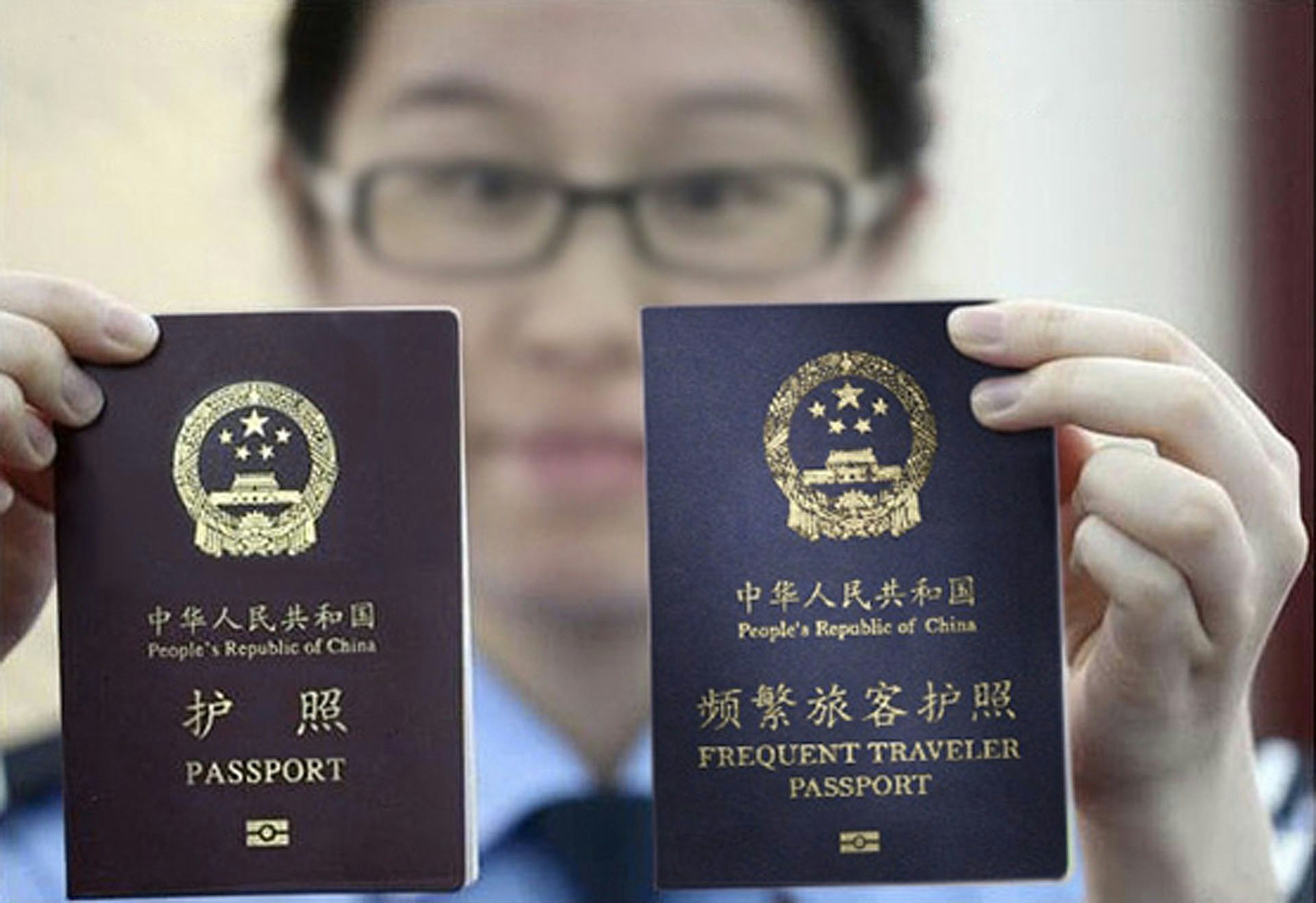A fake news story about the introduction of a new Chinese passport went viral on Chinese social media. The debunked story claimed that the Chinese government is about to issue a new travel document, a “frequent traveler passport,” which would allow holders of the new passport to visit 141 countries on a visa-free basis. In comparison, the ordinary Chinese passport allows visa-free access to some 50 countries, putting far down in the list of the world’s best passports. While the story quickly got debunked by the Chinese Ministry of Foreign Affairs, the fact that the story went viral so fast underlines Chinese consumers’ willingness to travel abroad.
China, which implements strict controls on internet access and the type of stories which can be published on social media, is usually quick in stopping fake news stories and other potentially dangerous information before it goes viral. Ren Xianling, vice minister of China’s top internet authority, has described the process as “installing brakes on a car before driving off the road.”
In this case, however, the car in the metaphor did drive off the road—the story about the new frequent traveler passport was shared by over 100,000 users on Chinese social media before the story got pulled. Perhaps due to the story’s massive reach, this particular fake news story even prompted an official comment from the Ministry of Foreign Affairs—which officially rebutted the story at a news briefing in Beijing. The ministry also addressed the story on its official social media accounts, calling the story and the attached photo of the passport “sheer fabrication.”
It’s not difficult to understand why the story went viral: Chinese consumers’ appetite for travel made it the largest tourism source market back in 2012, yet the Chinese passport ranks among the worst in the world. Even though the number of countries that allow Chinese nationals visa-free entry has grown since the country became a force to be reckoned with in tourism, it still ranks 69 out of 99 on the Passport Index—putting it far behind its East Asian neighbors as well as its Special Administrative Regions. Visa-free entry to 141 countries, which the fake news report claimed, would put the new Chinese passport in 16th place, just ahead of the Hong Kong passport, which ranks 17.
According to the report, the new frequent traveler passport would allow visa-free entry to some of China’s most popular overseas tourist destinations, with Australia, Japan, South Korea, Singapore, as well as the whole Schengen area among the countries and regions where visa-free access would be possible. In other words, the passport would be a dream come true for China’s growing number of international travelers.
With the exception of the few countries that have implemented 10-year visas for Chinese travelers, China’s frequent travelers still have to jump through the same hoops as first-time travelers every time they travel abroad, making international travel a comparably more complicated and time-consuming affair than for travelers of other nationalities. Even though a growing number of countries accepting visa-free or visa-on-arrival access for Chinese travelers, most of these are countries which receive very few Chinese travelers. Among Chinese travelers’ top destinations in 2016, only Malaysia and Thailand offer more favorable visa policies—neither of which is visa-free.
One factor that may have made the story more believable is the fact that China already offers four different types of passports, and have historically offered different levels of visa-free access. However, for people who aren’t public servants or family members of public servants, the ordinary passport has always been the only option for Chinese travelers.
While the Chinese government has made efforts to blacklist “uncivilized” tourists from travel altogether, there are no signs that indicate that anything about the fake news story holds true. Sure, “rewarding” what the Chinese government considers “good” frequent travelers with a highly competitive passport may make sense at face value, but efforts to implement such a scheme with 141 countries would certainly not go unnoticed. Instead, what makes sense for both China’s growing number of travelers as well as its government is to continue efforts to have more countries allow visa-free access for Chinese travelers.
Even though the news of the frequent traveler passport wasn’t true, it would be a dream come true for many popular tourist destinations around the world. Limiting visa-free access to China’s frequent (and high-spending) travelers would avoid an explosion in low-revenue tour groups that otherwise would be likely to follow relaxed visa restrictions. Until then, long-term multiple entry visas such as the United States and Australia’s 10-year visa policies remain the best option to attract repeat high-revenue Chinese travelers.
